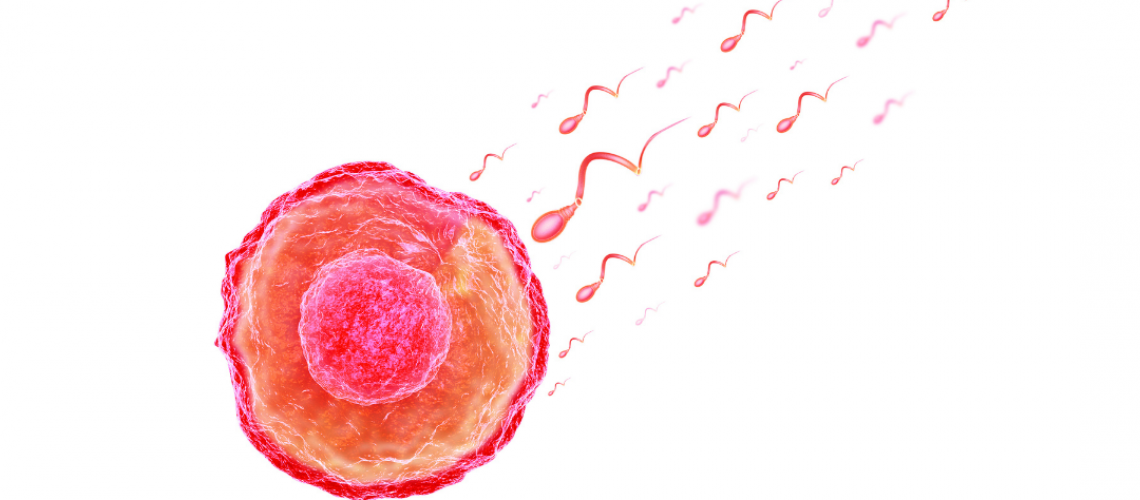When you have been struggling with infertility, Dr. Google can be an overwhelming resource. Most women want to know everything that they can do to help improve their chances of conceiving, whether that is through improving their response to IVF medications or improving egg quality and hormone balance to conceive through IUI or natural cycles. If you are currently overweight, part of your treatment recommendations may have been to lose weight. But losing weight is not always easy.
If you have struggled with maintaining a healthy weight you are probably asking:
- Should I lose weight?
- Does this impact my chances of conceiving?
- How much weight should I lose & how do I start?
Obesity & Fertility
Infertility affects 1 in 6 couples in Canada, and female obesity has been associated with anovulation (lack of ovulation). Obesity can reduce the chances of conception, response to fertility treatment, increase the risk of miscarriage, and pregnancy complications (2). In fact, overweight women have a higher incidence of menstrual dysfunction, anovulation, and infertility (3). This can be due to direct effects on egg quality, causing poorer embryo development (1). In women, weight loss can improve conception (1).
The Hormonal Profile in Obese Women
Research has shown overweight women to have lower FSH, LH and estrogen levels (4). Overweight and obese women tend to have high serum cholesterol and insulin resistance (7). Those women undergoing IVF have fewer eggs retrieved, fewer fertilized eggs and reduced chance for fertilized eggs to develop into an embryo (7).
The Impacts in IVF
So, how does being overweight impact those undergoing IVF?
Obesity can not only have impacts directly on your hormones, but can also reduce your response to many medications used during IVF. Obesity can compromise ovarian response to ovulation induction agents such as clomifene and gonadotrophins (6). Women with a high BMI also have lower IVF success rates and the need for higher doses of medications (6) .
Confounding factors..
Something else well-known to be true is that age is a major contributor to declining fertility. Research has found that sub-fertile women at age 35 years and a BMI >33 had reduced fertility, and a lower success rate of fertility treatment (5).
How much weight loss will lead to fertility benefits?
Even a moderate weight loss of 5 – 10% of body weight has been shown to be sufficient to restore fertility and improve metabolic markers (2).
But…. should everyone lose weight?
Not necessarily. In fact, one study has found that overweight women with regular menstrual cycles did not experience a reduction in the number of follicles or fertility. This means that those who are overweight without any metablolic abnormalities may not need to lose weight at all (4). A large study on 1293 women undergoing IVF also failed to confirm an association between BMI and rates of clinical pregnancy or live birth (6).
Something to remember..
Obesity is associated with pregnancy related complications. There is a very clear relationship between BMI and the risk of pre-eclampsia, gestational diabetes, induction of labour and Caesarean section. Maternal obesity has been claimed to be associated with an increased risk of structural anomalies when compared with women with normal weight. In utero factors can result in small for gestational age fetuses who are at higher risk of long-term adverse outcomes such as cardiac disease.
Finding your root cause
When deciding whether or not you need to lose weight in order to improve your fertility, it is important that you are working with a practitioner to start making the dietary changes that are right for your needs. It is well known that women suffering from polycystic ovarian syndrome (PCOS) are at a greater risk for being overweight or obese & have an increased risk of cardiovascular disease, insulin resistance, hormonal imbalances and infertility. In these women, optimizing blood sugar, improving ovulation and reducing cardiovascular disease risk typically requires weight loss (but not always).
Keep in mind…
- Crash diets DON’T work (& often you will gain the weight back and more after you are finished the diet)
- Exercise is NOT the only thing that contributes to weight loss
- Being overweight is a complex multifactorial condition which is typically a combination of genetics, diet, lifestyle & hormones. (ie. just “eating less” is not the only thing required to balance your weight & overall health. In some cases this can even be detrimental to your hormones)
- Restricting macronutrients will negatively impact your hormonal balance (your dietary changes need to be tailored to YOUR needs)
Diet tips for optimal weight & fertility
- Focus on healthy fats
- Include multiple sources of protein
- Diets high in unsaturated fats, whole grains, vegetables, and fish have been associated with improved fertility in both women and men (8)
Want to work together to support your fertility goals? Book your free complimentary call
References
- https://www.degruyter.com/view/journals/hmbci/24/1/article-p5.xml
- https://www.tandfonline.com/doi/abs/10.1080/14647270701731290
- https://onlinelibrary.wiley.com/doi/full/10.1038/oby.2006.228
- https://onlinelibrary.wiley.com/doi/full/10.1038/oby.2006.228
- https://pubmed.ncbi.nlm.nih.gov/27122266/
- https://academic.oup.com/humrep/article/25/4/815/700269
- https://academic.oup.com/humrep/article/25/4/815/700269
- https://www.frontiersin.org/articles/10.3389/fpubh.2018.00211/full



